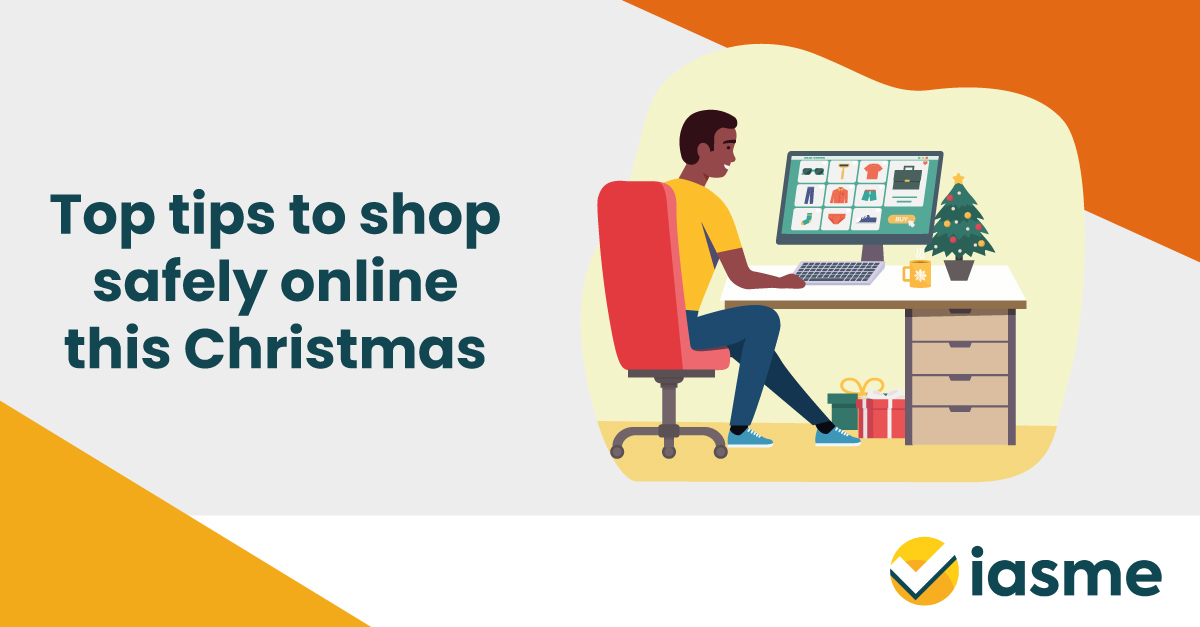The festive season is upon us; a time for family and friends, for eating and drinking and for giving gifts. Thankfully, the internet has made all that shopping a lot easier, but it has also opened up new ways for criminals to rob us. During last year’s festive shopping period, shoppers lost over £10 million to cyber criminals.
This Christmas, if you don’t fancy being taken for a ride (and we don’t mean in Santa’s sleigh), follow these five top tips.
1. Use strong, unique passwords and enable two-factor authentication
Your first line of defence in the digital world is your password. A strong password, composed of three random words, can significantly reduce the risk of your accounts being breached. Tempting as it is, avoid reusing the same password for multiple accounts; if just one of those accounts is hacked, all of your accounts are vulnerable. This is particularly important for your email account, where you often reset your passwords. Additionally, enabling two-factor or multi-factor authentication (2FA or MFA) adds an extra layer of security. Even if someone manages to guess your password, they would still need access to your phone or email to get the verification code required to log in.
2. Verify the legitimacy of online shops
Before making a purchase, take a moment to ensure the online shop is legitimate. Look for reviews on consumer websites or seek opinions from trusted sources. Be wary of phishing messages that lead to fake shops with too-good-to-be-true promotions. Always type the store’s official website directly into your browser or carefully select the correct site from search engine results. Watch out for deceptive domains that mimic legitimate ones.
3. Opt for credit card payments
When shopping online, using a credit card is advisable as it often provides additional protection under the Consumer Credit Act. This means if something goes wrong, you may have a better chance of getting your money back. Debit cards may offer less protection, but you can still inquire about the ‘chargeback’ scheme. Avoid direct bank transfers at all costs, as they offer no protection against fraud.
4. Be cautious on social media platforms
Over half of the online shopping fraud reports mentioned issues arising from social media accounts. Always be alert when shopping through these platforms. Scammers often create fake profiles or ads to lure unsuspecting victims. Verify the seller’s credibility and be skeptical of deals that appear on your feed, especially if they come from unfamiliar sources.
5. Check your secure payment services
If you prefer not to use a credit card, you may consider secure payment services like PayPal. These services often have their own set of terms and conditions that may include some form of purchase protection. Please note, some payment services have no buyer protection, so make sure to review them carefully to understand the level of security they offer for your transactions.


